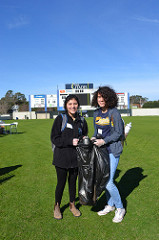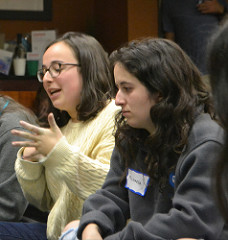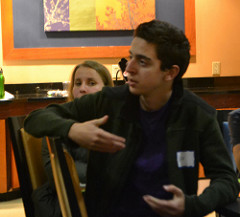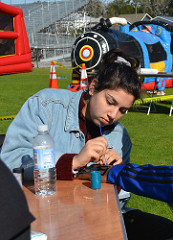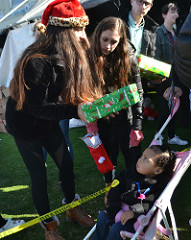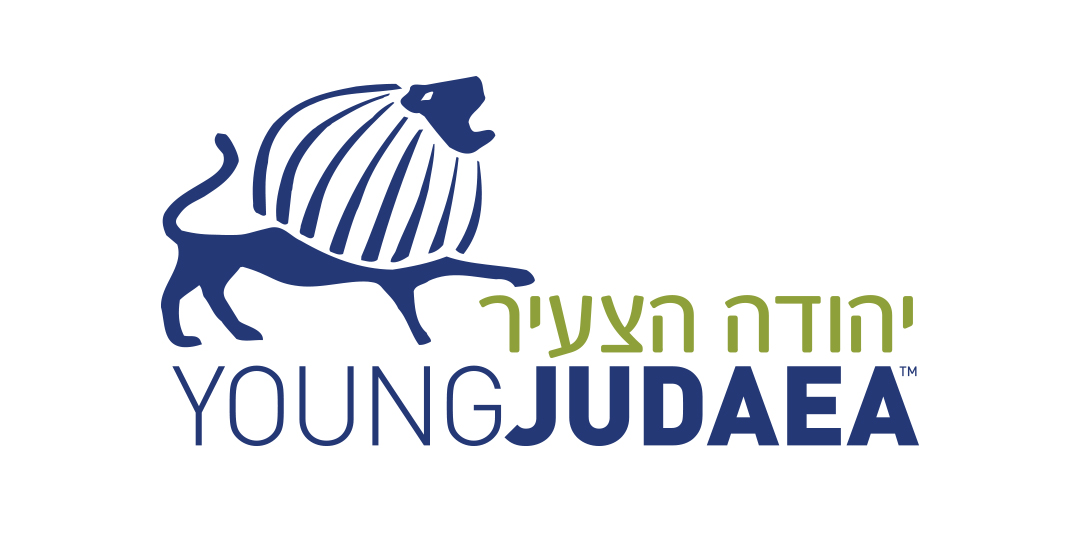
A Letter from Young Judaea’s National Mazkirut
Shalom L’kulam,
Kehilla, community, is and has always been a pillar of our great Movement and as 2018 kicks into gear and we excitedly continue the second half of our term, the National Mazkirut would like to elaborate on just that.
This has already been an incredible year for our beloved Movement. From a new approach to Alternative Winter Break focusing on issues of Race in America to an exponential increase in programming and participation across our different communities, all of this is due to the hard work of our peers becoming leaders and taking initiative. While we are proud of the year Young Judaea has had so far we want to take the time to share our vision for this community.
This summer, our entire National Mazkirut had the privilege of attending Machon, Young Judaea’s summer Israel program. One night we met in the lobby of a youth hostel in the North of Tel Aviv and made a decision; with the all the commotion, controversy, and polarization occurring globally in both the Jewish and Secular worlds, Israel and America, it is our highest and most important responsibility to make it clear that Young Judaea is a community and a space where all are welcome. No matter one’s gender, race, sexual orientation, ideology, or religious observance, no one should ever feel that they will not be accepted in our community. In this meeting, we agreed that what makes Young Judaea and Israel similarly great is the interactions they offer through their open and diverse setting. We plan on continuing that space for generations of chanichim to come. In a time where dialogue and humanization are desperately needed, we trust our Movement and the work we will put in will help continue the Young Judaea tradition of creating global leaders and life changers.
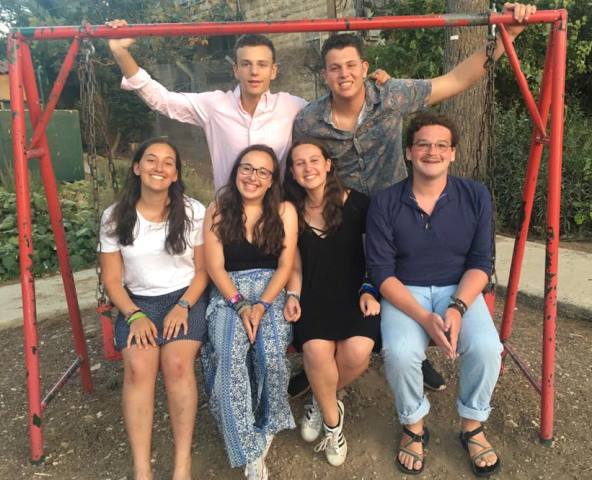
As we traveled our beloved homeland together and learned of its complex culture and history, it was obvious to us that so much of its strength is due to the shared value of community. But how do we bring this back to Young Judaea?
By encouraging diversity, ensuring a safe space for all, and pushing our members to understand each other, we produce a community of compassionate and intellectual individuals. Pluralism unifies our community by what makes us all individually different. What may seem to divide some, only makes our Movement stronger. The diversity of our community makes all involved better listeners, better problem solvers, and inspires a more understanding and compassionate people. In Psalm 82:1 we learn that “G-d stands in the Divine Assembly,” – a Kehilla Kedoshah. In our own assembly this year, National Midwinter convention, we and our peers will be discussing the idea of Liberation. We believe it is time that as a movement we take a hard look in the mirror and think about not only how we can be more inclusive in our own community but how we also have the responsibility to ensure the liberation not only of our own people but of all people everywhere.
As the National Mazkirut, whether it be in our summer camps, local or national programming, or even in our own group chats with friends, we know that for Young Judaea the responsibility to uphold that “Divine Assembly” began 108 years ago and continues today.
If you would like to contact the National Mazkirut please email us with any questions or comments at mazkirut@youngjudaea.org
Kol Tuv,
National Mazkirut 2017-2018
Maccabee Raileanu
Mazkir
Los Angeles, California
Ezra Meyer
Merakez Irgun
Bethesda, Maryland
Matan Berman
Merakez Chinuch Bogrim
Atlanta, Georgia
Noa Pitkowsky
Merakezet Chinuch Ofarim Tsofim
Bronx, New York
Rebecca Slavsky
Merakezet Tikun Olam
Plainview, New York
Adina Ornstein-Luks
Merakezet Pirsumim
Chapel Hill, North Carolina

